ōu, oū
Europe
Original meaning:
vomit
Simplified form of 歐. Phonosemantic compound. 欠 represents the meaning and 區 represents the sound. Based on the original meaning "vomit". The current meaning is a phonetic loan.
Evolution

Seal script
Shuowen (~100 AD)
Clerical script
Western Han dynasty (202 BC-9 AD)Traditional script
ModernSimplified script
ModernDefinitions
Sources
